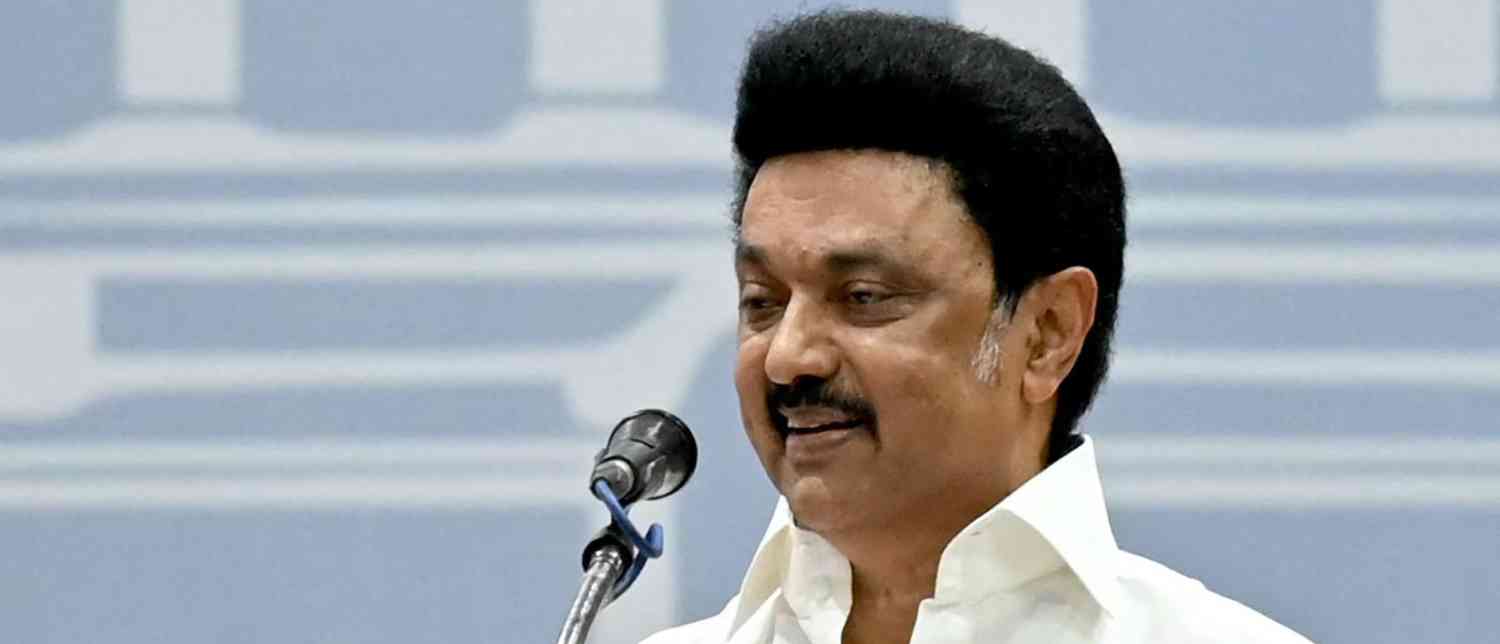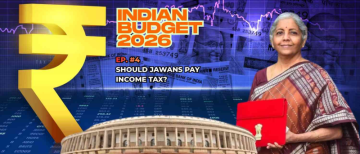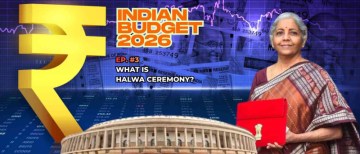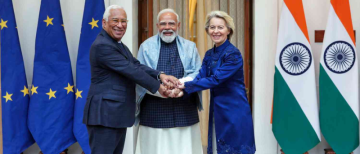The political and cultural landscape of Tamil Nadu has once again been stirred by a heated debate over language. Reports recently surfaced claiming that the Tamil Nadu government, led by Chief Minister M.K. Stalin and the Dravida Munnetra Kazhagam (DMK), was preparing to introduce a bill banning Hindi hoardings, films, and songs across the state. The alleged legislation was said to be aimed at protecting Tamil linguistic pride and curbing what the DMK described as the “imposition of Hindi” on the southern state.
However, what began as a bold political statement quickly spiraled into a controversy, prompting clarification, backlash, and intense debate about regional identity, constitutional rights, and India’s linguistic unity.
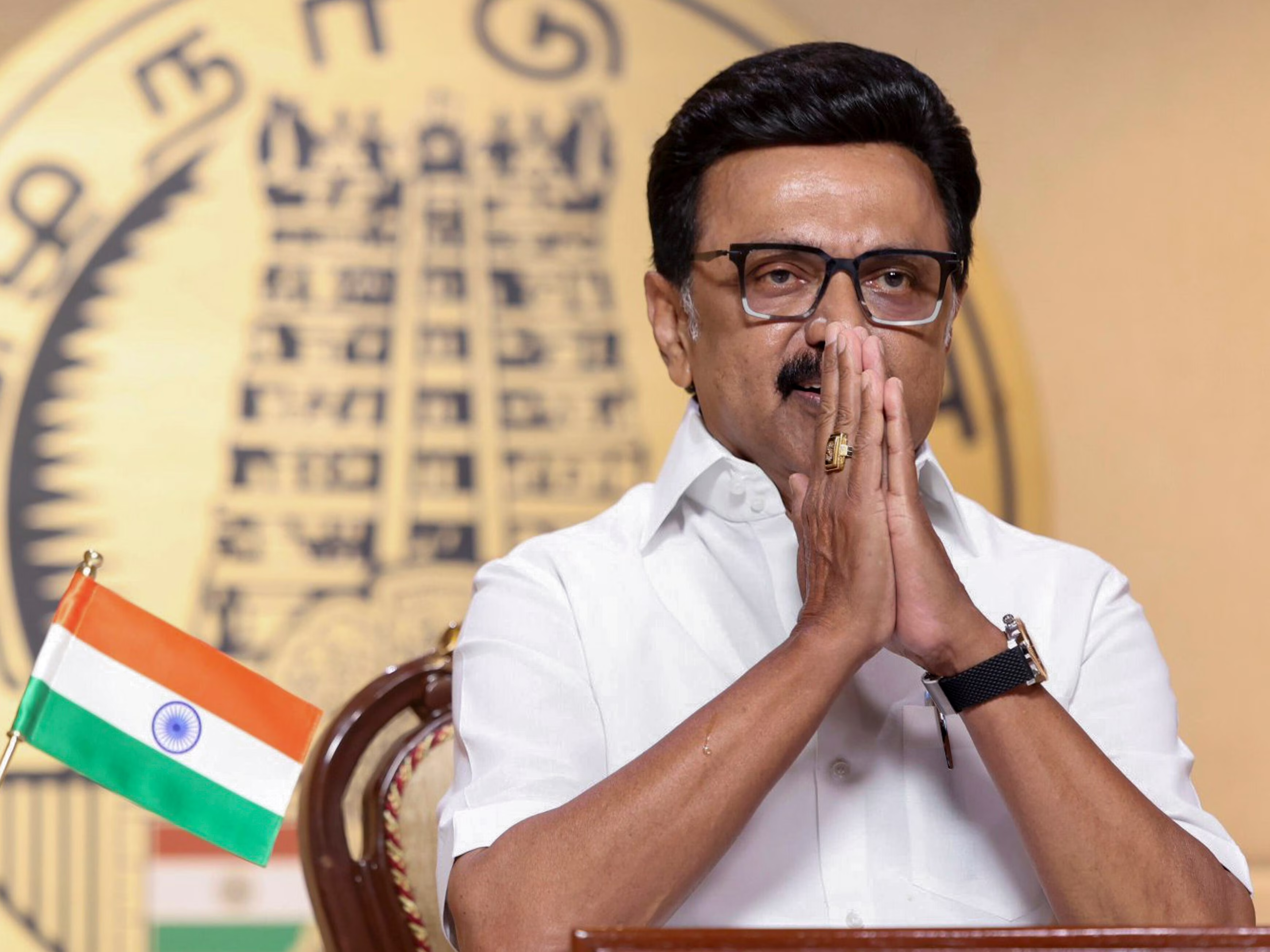
The Rumoured Bill: What Was Reported
Initial reports suggested that the DMK government was ready to table a bill that would legally ban the use of Hindi in hoardings, advertisements, films, and songs within Tamil Nadu. The proposed legislation reportedly aimed to establish Tamil as the primary language for public displays and entertainment, reflecting the state’s longstanding two-language policy—Tamil and English.
According to the early accounts, Higher Education Minister K. Ponmudy had described the bill as an effort “not about isolating, but about ensuring Tamil is honoured and given precedence.” The law was said to include provisions for penalties against non-compliance, particularly targeting commercial advertising and media platforms that used Hindi prominently.
DMK leaders maintained that the move was not anti-Hindi but anti-imposition. Senior DMK figure T.K.S. Elangovan emphasized that the party “will abide by the Constitution but resist Hindi imposition.” This, he said, was in line with the party’s historic stance on defending Tamil’s primacy and cultural significance within the state.
The Historical Roots of Tamil Nadu’s Resistance
Tamil Nadu’s resistance to Hindi imposition runs deep. The state’s opposition dates back to the 1930s, when the Justice Party (the DMK’s ideological predecessor) first protested against making Hindi compulsory in schools. The movement gained massive momentum in the 1960s, culminating in widespread anti-Hindi agitations that left an indelible mark on Tamil Nadu’s political identity.
The outcome of these agitations was Tamil Nadu’s adoption of a steadfast two-language policy—Tamil and English—which continues to this day. Proponents argue that this model has bolstered the state’s literacy rates, improved social mobility, and opened global employment opportunities for its youth.
The recent developments were seen by many as a continuation of this legacy, particularly after the DMK government symbolically replaced the national rupee symbol (₹) with its Tamil counterpart ‘ரூ’ on the 2025–26 state budget document. The move was framed as an assertion of Tamil linguistic pride rather than a rejection of national symbols.
In this context, the alleged Hindi ban appeared to be another step in Tamil Nadu’s broader effort to preserve its cultural and linguistic autonomy—especially amid growing concerns over the central government’s promotion of the three-language formula in education, often viewed as a vehicle for Hindi dominance.
Rumor about Hindi language ban bill in Tamil Nadu Assembly
Fake News:
It is being claimed that the Tamil Nadu government, led by the Honorable Chief Minister, is planning to introduce a bill in the Legislative Assembly to ban the Hindi language in all forms.
Truth:
This claim…— TN Fact Check (@tn_factcheck) October 15, 2025
Political Firestorm: BJP’s Fierce Reaction
Unsurprisingly, the reported bill drew immediate political backlash, especially from the Bharatiya Janata Party (BJP). The opposition accused the DMK of engaging in divisive politics and using language issues to deflect attention from governance failures and ongoing controversies ahead of the 2026 Tamil Nadu Assembly elections.
BJP leaders described the move as “stupid and absurd,” arguing that banning a language goes against democratic values and the spirit of India’s linguistic diversity. They asserted that such a policy would only deepen regional divides and alienate people from other parts of India.
BJP Tamil Nadu president K. Annamalai was among the first to lash out, drawing a stark comparison between the priorities of Tamil Nadu and Andhra Pradesh. “AP CM: Signed a landmark agreement with Google to set up a $15 billion AI Data Centre in Visakhapatnam. TN CM: Let’s table a bill & Ban Hindi in our State. Yo! DMK and their pathetic politics & misplaced priorities, sigh!” he posted on social media.
The statement went viral, fuelling national conversation and setting off a digital war between BJP supporters and DMK loyalists.
The DMK’s Clarification: “No Such Bill Exists”
Amid the escalating controversy, the Tamil Nadu government’s official fact-checking unit intervened to set the record straight. The DMK-led administration dismissed the claims entirely, labelling them as “fake news.”
In an official statement on X (formerly Twitter), the Tamil Nadu government clarified:
“It is being claimed that the Tamil Nadu government, led by the Honorable Chief Minister, is planning to introduce a bill in the Legislative Assembly to ban the Hindi language in all forms. This claim is completely false. The Secretary of the Legislative Assembly has clarified: ‘No proposal for such a bill has been received.’”
The clarification quelled some speculation but did little to slow down political sparring. DMK MP P. Wilson responded sharply to Annamalai’s remarks, taking a jibe at the BJP leader by calling him an “aandh bhakt.” Wilson wrote,
“Not only is this claim of an anti-Hindi Bill fake news (as clarified by the TN fact check department @tn_factcheck), but has Mr. Annamalai been living under a rock? Does he not know about the lakhs of crores of foreign investment attracted by the #DravidaModel Government of our Hon. CM @mkstalin?”
He further highlighted that since 2021, Tamil Nadu had signed 893 Memorandums of Understanding (MoUs) with both domestic and international companies, attracting investments worth ₹10,07,974 crore and generating more than 31 lakh jobs.
This is what happens when one is an “Aandh Bhakt” (using a Hindi word because that’s what the TN sanghis seem to crave”).
Not only is this claim of an anti-Hindi Bill fake news (as clarified by the TN fact check department @tn_factcheck) but has Mr. Annamalai been living under… https://t.co/7nKTARP8JD— P. Wilson -தமிழ்நாட்டை தலைகுனிய விட மாட்டேன் (@PWilsonDMK) October 15, 2025
Behind the Scenes: The “Stalled” Bill
Despite the government’s public denial, sources within the state administration later suggested that an internal draft bill addressing Hindi imposition had indeed been discussed. The draft, they claimed, sought to prohibit Hindi-language hoardings, advertisements, movies, and songs across the state.
However, after receiving legal feedback and facing intense political backlash, the DMK decided to stall the proposal. An emergency meeting was reportedly held with legal experts to ensure any future language-related legislation would fully comply with constitutional provisions.
Senior DMK leader T.K.S. Elangovan reiterated that while Tamil Nadu would continue to resist the imposition of Hindi, the government would never act against the Constitution. “We won’t do anything against the Constitution. We will abide by it. We are against the imposition of Hindi,” he said.
Meanwhile, BJP leader Vinoj Selvam accused the DMK of using the controversy as a smokescreen. He claimed the ruling party was attempting to divert attention from several ongoing issues, including the Thiruparankundram, Karur probe, and Armstrong cases, as well as the Foxconn investment controversy.
The Larger Context: Tamil Identity and Political Optics
This episode isn’t just about one bill—it’s about the long-standing political symbolism of language in Tamil Nadu. For decades, the DMK has positioned itself as the protector of Tamil identity, opposing what it perceives as centralised attempts to impose Hindi or northern cultural dominance.
From renaming cities in Tamil script to replacing national symbols with local equivalents, the DMK’s policies consistently reinforce this cultural assertion. Supporters argue that these moves empower Tamil speakers and preserve a centuries-old linguistic heritage. Critics, however, claim that the party often uses cultural pride as a political weapon to distract from governance and economic challenges.
The latest controversy also reflects a recurring theme in Indian politics—the tension between regional identities and national integration. Tamil Nadu’s approach underscores the delicate balance between celebrating diversity and maintaining unity in a multilingual country like India.
Reactions from Civil Society and the Cultural Sector
Reactions from civil society and the film industry have been mixed. While some Tamil artists and activists lauded the government’s intent to promote Tamil and protect local cinema from Hindi dominance, legal experts urged caution. They warned that such legislation, if misinterpreted, could infringe upon artistic freedom and minority rights.
Cultural scholars have pointed out that while preserving language is crucial, India’s strength lies in its linguistic coexistence. “Language should be a bridge, not a barrier,” one Chennai-based academic remarked, echoing the sentiment that dialogue and policy reforms—not bans—are the best path forward.
The Broader Perspective: Language as Identity, Not Division
At its heart, the controversy reveals the complex role language plays in shaping identity, politics, and belonging in India. Tamil Nadu’s push to protect its language and culture is not without merit—it represents the aspirations of millions who see Tamil not just as a means of communication but as a symbol of heritage and pride.
Yet, the issue also highlights the potential dangers of turning language into a political tool. When used to divide rather than unite, language debates can erode the very pluralism that defines India.
As Tamil Nadu and the rest of India navigate these linguistic tensions, the lesson remains clear: cultural preservation and national unity are not mutually exclusive. Tamil Nadu’s example underscores the need for balance—where every language, whether Tamil or Hindi, can coexist with respect and equality.
Final Thoughts
Whether the “anti-Hindi” bill was ever more than a rumour or a draft idea, its fallout has reignited vital discussions about language, identity, and governance in India. The Tamil Nadu government’s clarifications may have ended this particular controversy for now, but the deeper questions it raised—about linguistic pride, political motives, and national cohesion—are far from settled.
India’s strength lies not in uniformity but in diversity. Protecting Tamil’s legacy need not mean rejecting Hindi; instead, it can serve as a reminder that every regional language enriches the country’s collective soul.
With inputs from agencies
Image Source: Multiple agencies
© Copyright 2025. All Rights Reserved. Powered by Vygr Media.

